Omega-3 dog gut health
It is well established that for both people and pets, having a well-functioning intestine and a sufficient intake of Omega-3 in the diet is essential for optimal well-being. The complex community of bacteria and other microorganisms in the gut is referred to as the microbiome. The good bacteria in the gut are essential for optimal health because they aid digestion, support the immune system, produce 80% of the body's serotonin, produce Vitamin K and B Vitamins, crowd out harmful bacteria, produce short-chain fatty acids such as Butyrate and produce enzymes.
Having a poorly functioning gut microbiome may lead to intestinal disease, behavioural problems, allergies, obesity, liver disease, and diabetes mellitus. Therefore, many Veterinary Surgeons and Doctors now advise a supplement that contains both probiotics and prebiotics. Probiotics are beneficial gut bacteria, such as Enterococcus Faecium, Lactobacillus, and Bifidobacterium. Prebiotics are the soluble fibres, such as galacto-oligosaccharides (GOS) and fructo-oligosaccharides (FOS), that provide nourishment to help maintain probiotic levels.
Enterococcus Faecium

Omega-3 supplements for dogs are essential to your pet's health in ways you may not expect. High levels of omega-3 fatty acids, specifically Eicosapentaenoic acid (EPA) and Docosahexaenoic acid (DHA), play a crucial role in the healthy functioning of the brain, heart, joints, skin, eyes, immune system, and coat. DHA supplementation supports healthy brain function in dogs, and a new study by Dr Ragen McGowan at the latest Purina research summit found that Omega-3 fatty acids may be the key to reducing anxiety in dogs. The study found that, in addition to the other ways Omega-3s can help your dog, they can also help decrease anxiety. Out of 24 Labrador Retrievers studied, 21 of those, or 87% showed a reduction in cortisol levels and lowered heart rate in situations designed to induce anxiety.
JP's Omega-3 for dogs
This natural alternative could mean a breakthrough in both behavioural training and a reduction in the dose and side effects caused by common medications.
Indications for Omega 3 supplementation include.
Cardiovascular health, neurological support, to improve skin and coat condition, joint support, for dry, flaky skin, hair loss, a dull coat, sensitive skin, and itching or scratching.
Today's pet foods often lack these essential omega-3 fatty acids. To make matters worse, manufacturers tend not to supplement commercial pet foods with the Omega-3s your pet can actually use. Even if they do, the heat from the canning or kibbling process typically destroys their nutritional value and health benefits. Not only are Omega-3s sensitive to heat, but they also become rancid when exposed to oxygen for extended periods. Adding Vitamin E to a dog Omega-3 supplement helps to stop oxidation of omega-3 fatty acids.
Omega-3 and Omega-6 are both essential fatty acids that need to be present in the diet in the correct ratio. Many supplements contain Omega-3 and Omega-6; however, Omega-6 creates Arachidonic acid, which is pro-inflammatory. Animals tend to get enough, or in some cases, way too much Omega-6 from modern food processes, which use vegetable oils to stabilise the food. This means that the ratio of omega-3 to omega-6 can be incorrect, which can effectively trigger an inflammatory cascade. In humans, the ideal ratio of Omega-6 to Omega-3 should be around 5:1, but in many Western diets, it is closer to 15:1, which is far too high; therefore, humans often require supplementation with Omega-3. The correct ratio in dogs has not been scientifically established, but it is likely around 4:1 to 5:1, based on the ratio observed in prey animals.
My advice for an Omega-3 supplement for dogs is that it contains high levels of EPA, 540 mg, and DHA, 360 mg. The importance of high doses of EPA/DHA is becoming increasingly understood in this sector. A recent report by John E. Bauer, published in the Journal of the American Veterinary Medical Association on December 1, 2011, investigated the available evidence for the use of EPA/DHA and concluded that high doses of EPA/DHA are required. The Omega-3 supplement must contain an antioxidant, such as Vitamin E, to prevent the fatty acids from oxidising, and it should come from krill or small fish, such as anchovies, sardines, or pollock, which contain fewer heavy metals. Vegetable-derived oils, including olive oil, do not contain EPA and DHA, but rather the less bioavailable, inactive precursor form, Alpha-linolenic acid (ALA), which must first be converted to EPA and DHA by special enzymes. Cats' genetic makeup severely limits their ability to convert ALA into EPA and DHA. For them, plant-based omega-3 fatty acids are not absorbable.

Conclusion
A dog's digestive tract is not just for digesting and absorbing nutrients; it is also involved in immune function since approximately 70% of the immune system resides in the gut. Good gut health can also affect brain health. New research reveals a significant gut-brain connection, with the gut being referred to as the "second brain." Omega 3 fatty acids reduce inflammation in the body and support brain function.
For optimal health and well-being, we strongly recommend a fibre supplement for dogs that contains both a probiotic and a prebiotic, such as JP's Doggie Fibre, and an Omega-3 supplement, such as JP's Doggie Omega, to be taken daily. Dog behaviourist Justine Shone has also received positive feedback from her clients after their dogs were started on these two supplements, in conjunction with a dog training program. This is because the gut is connected to the brain via the vagus nerve, which is the brain-calming Parasympathetic Nervous System.





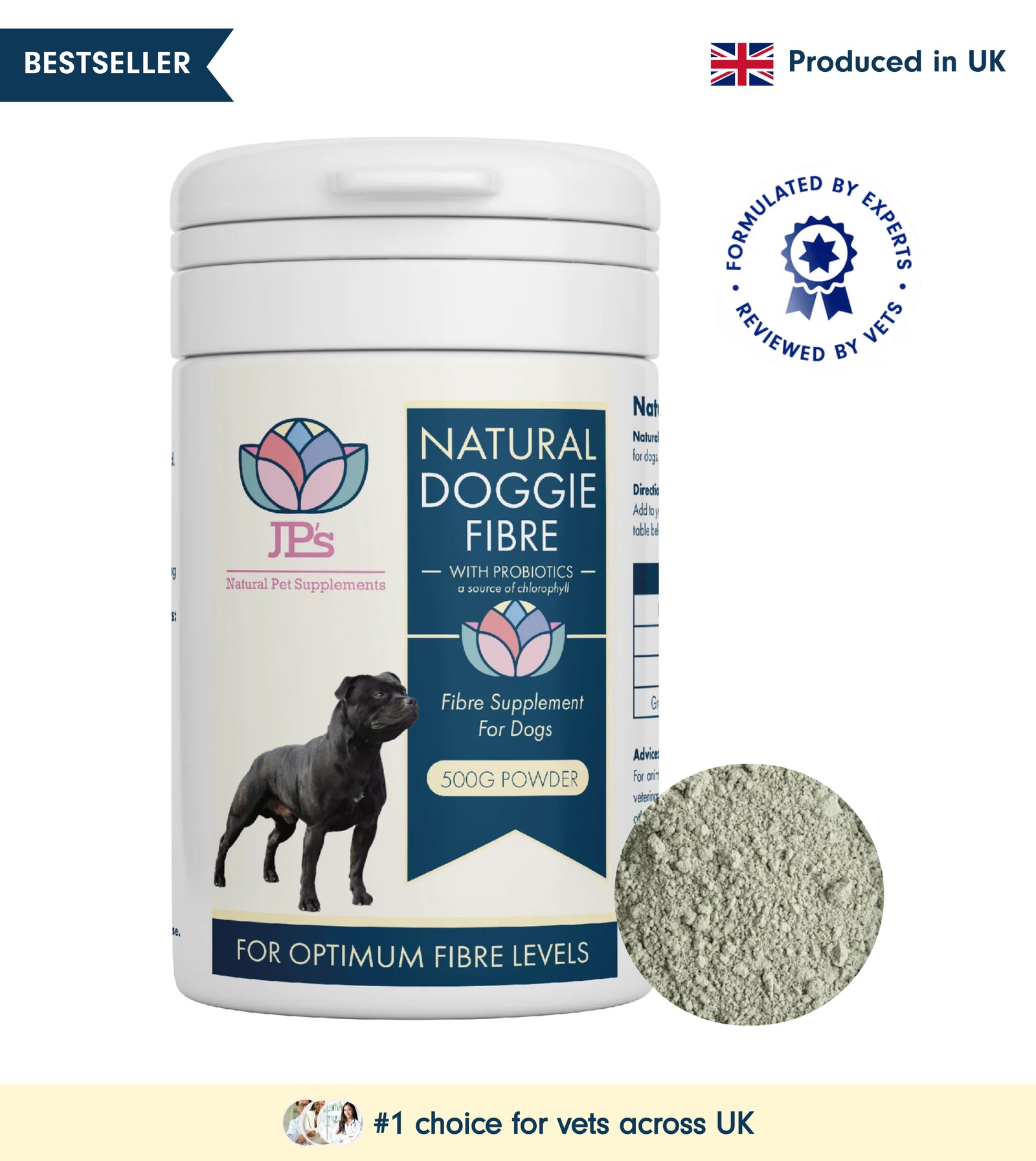
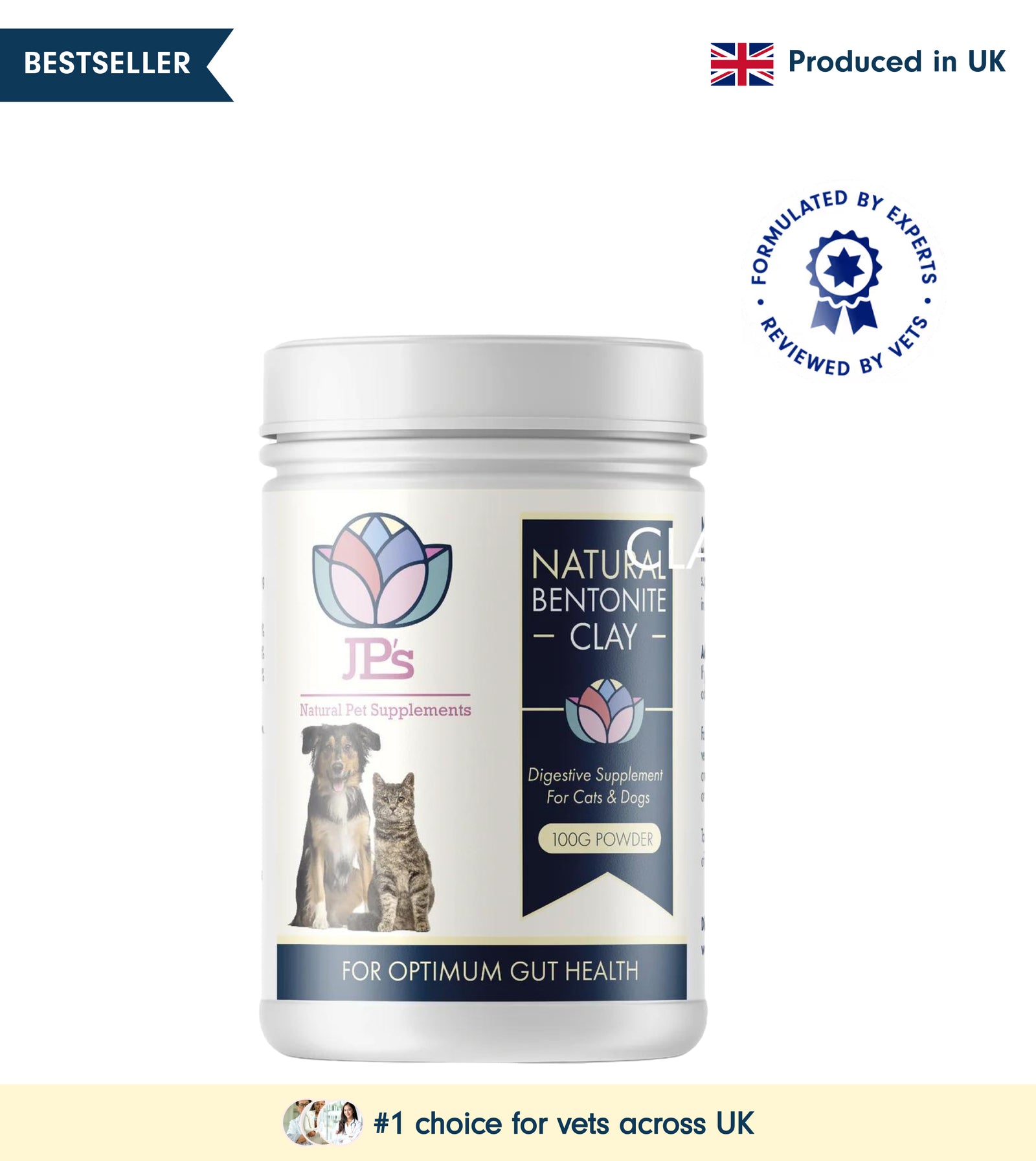
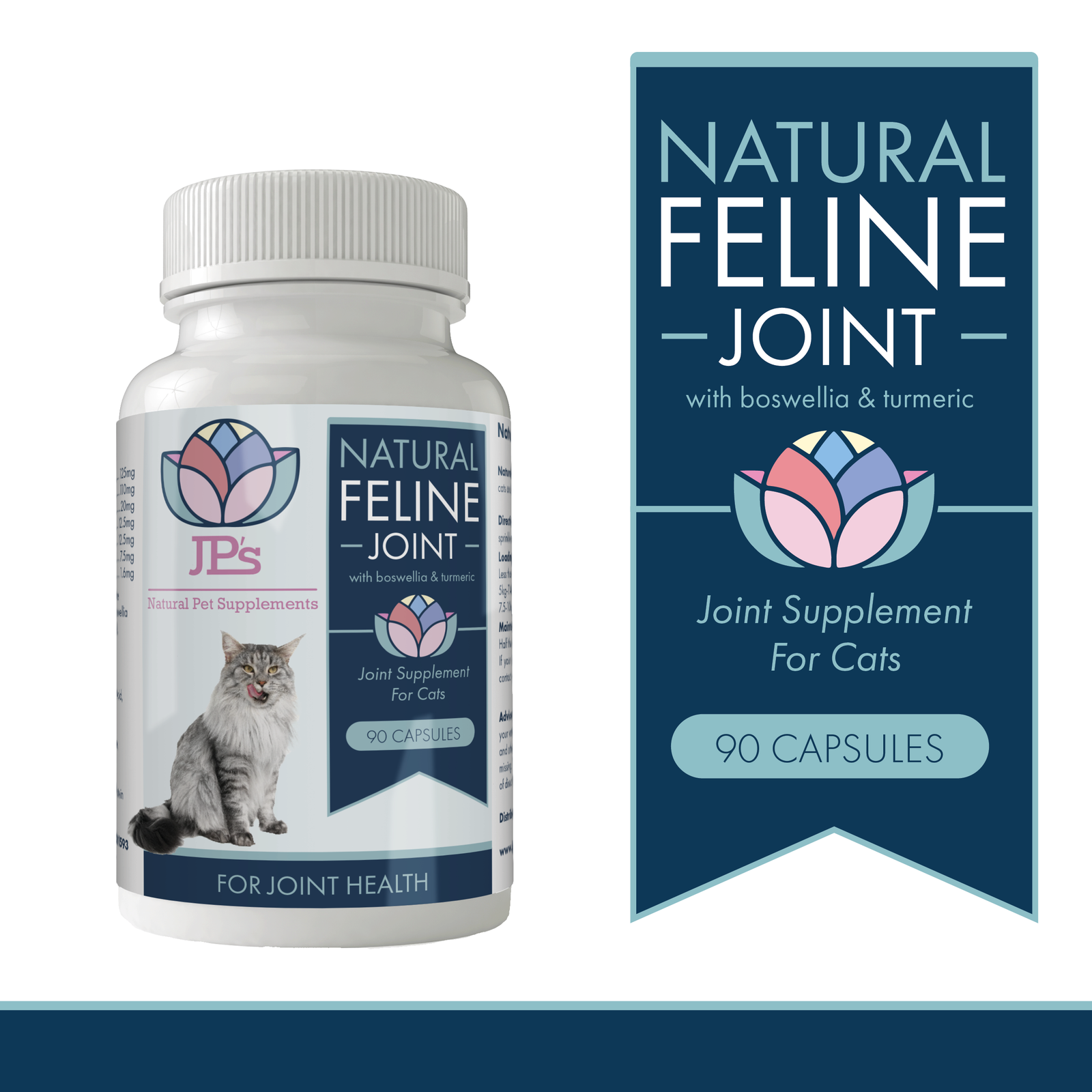
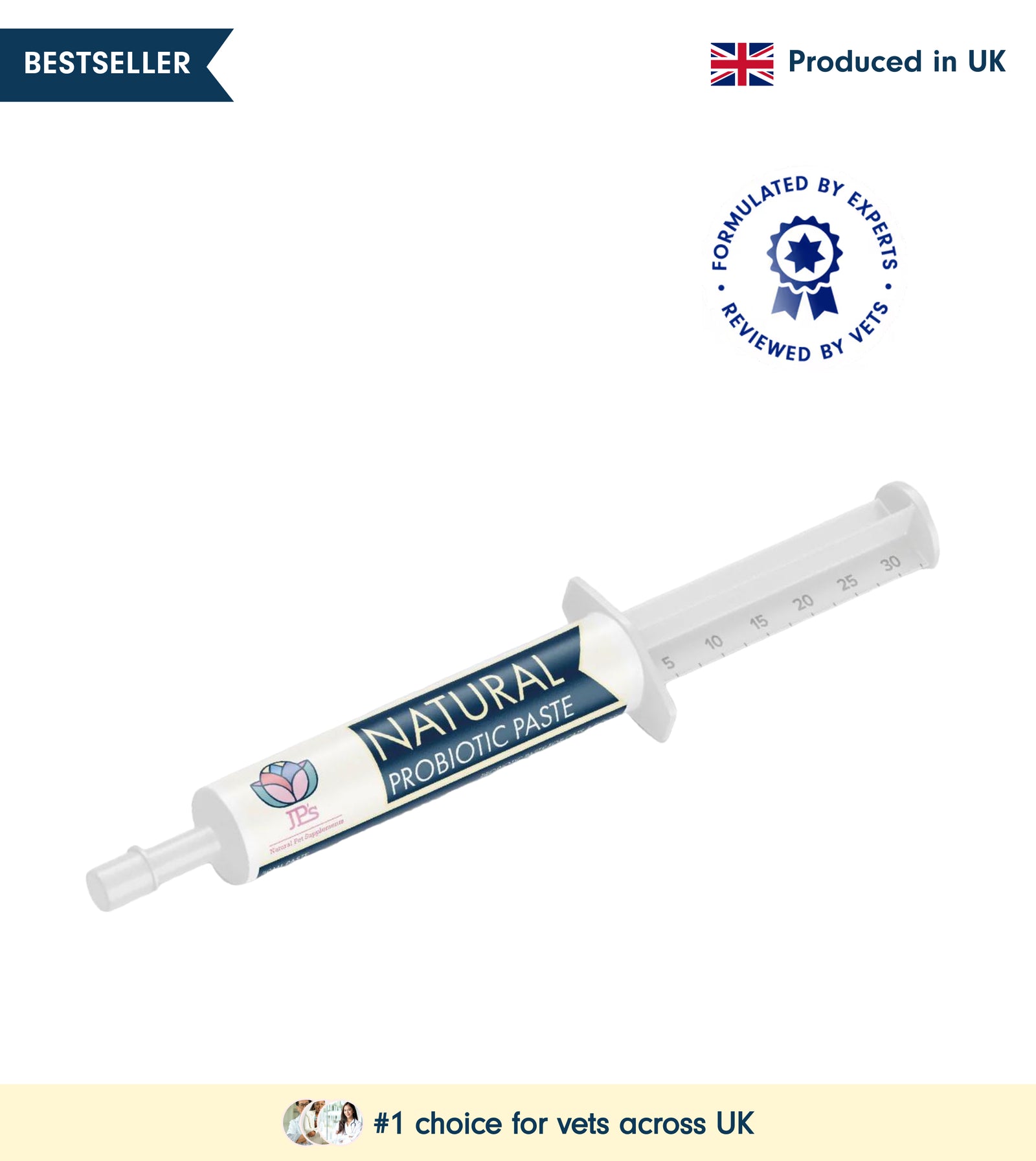
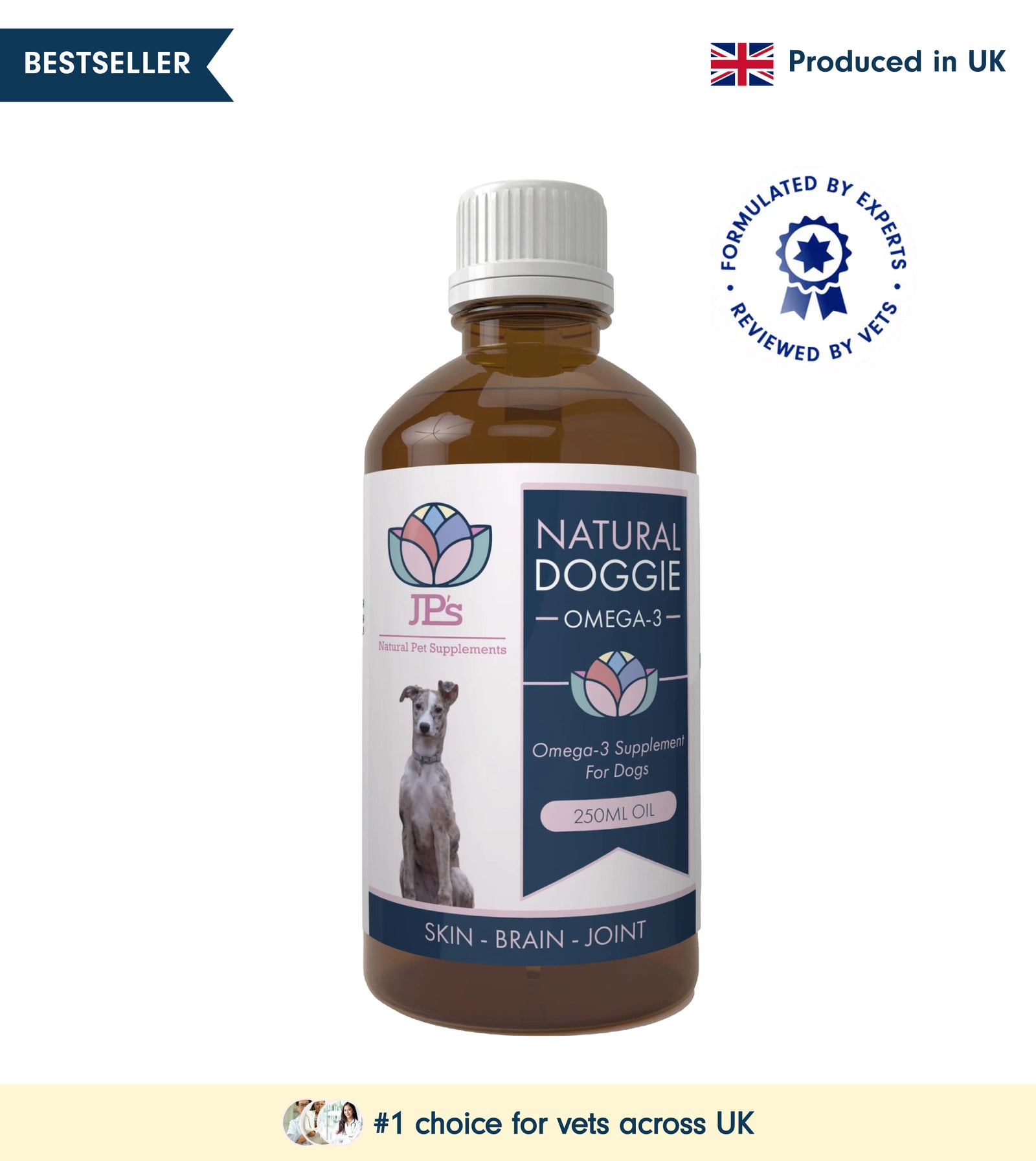
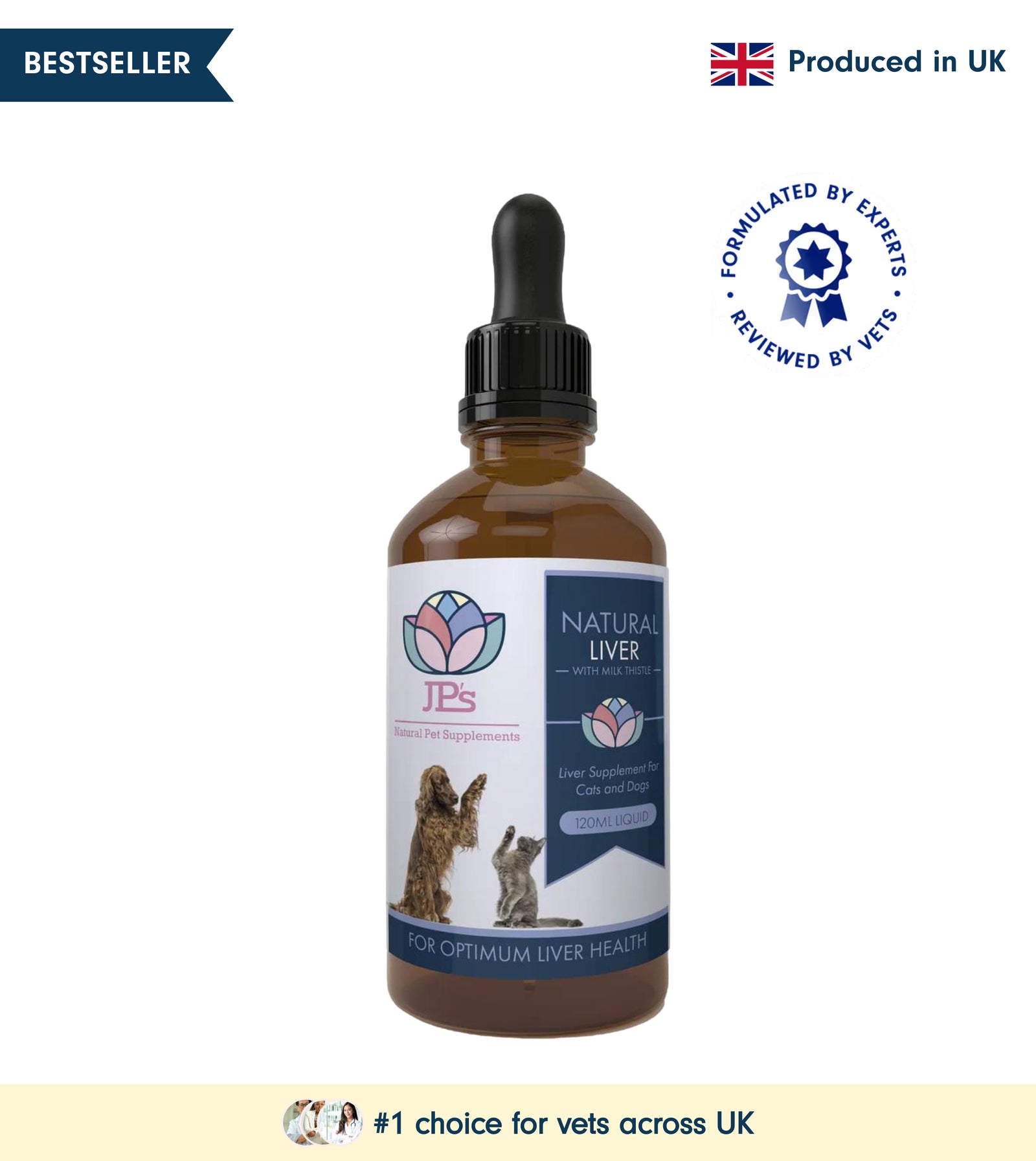
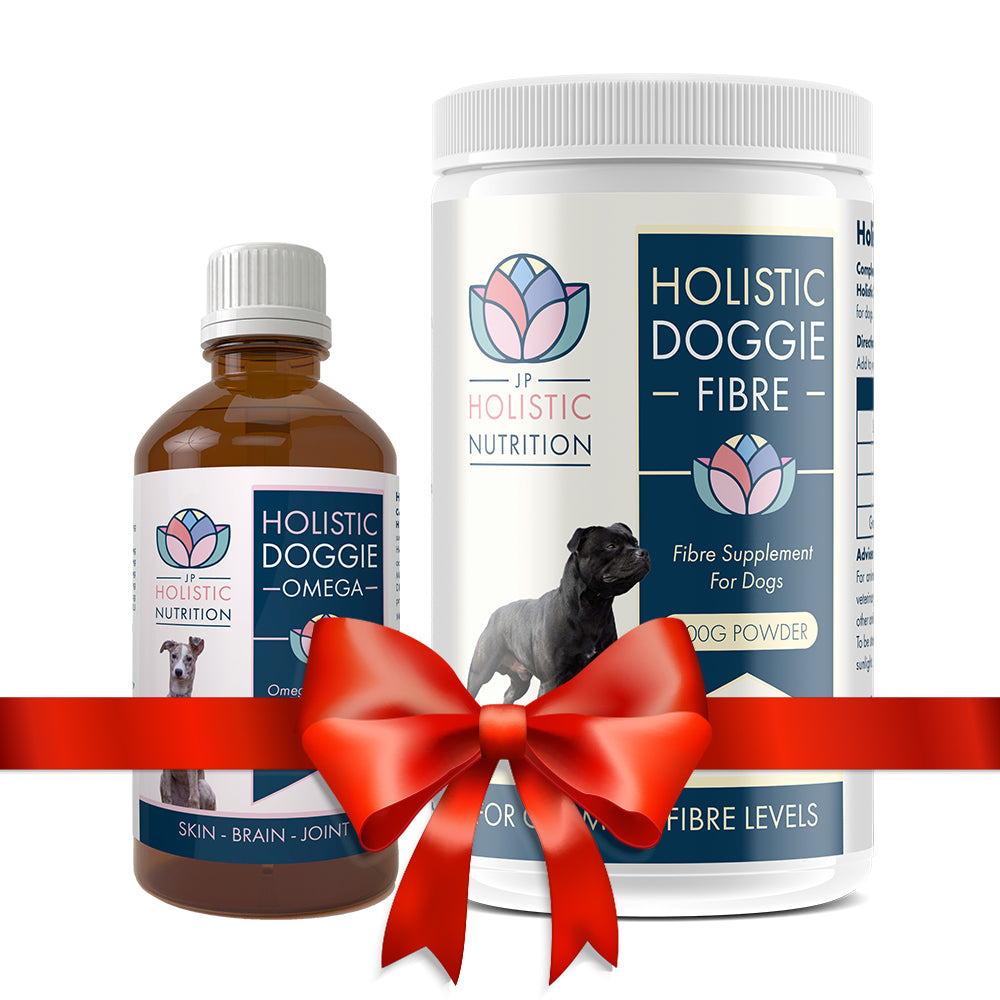
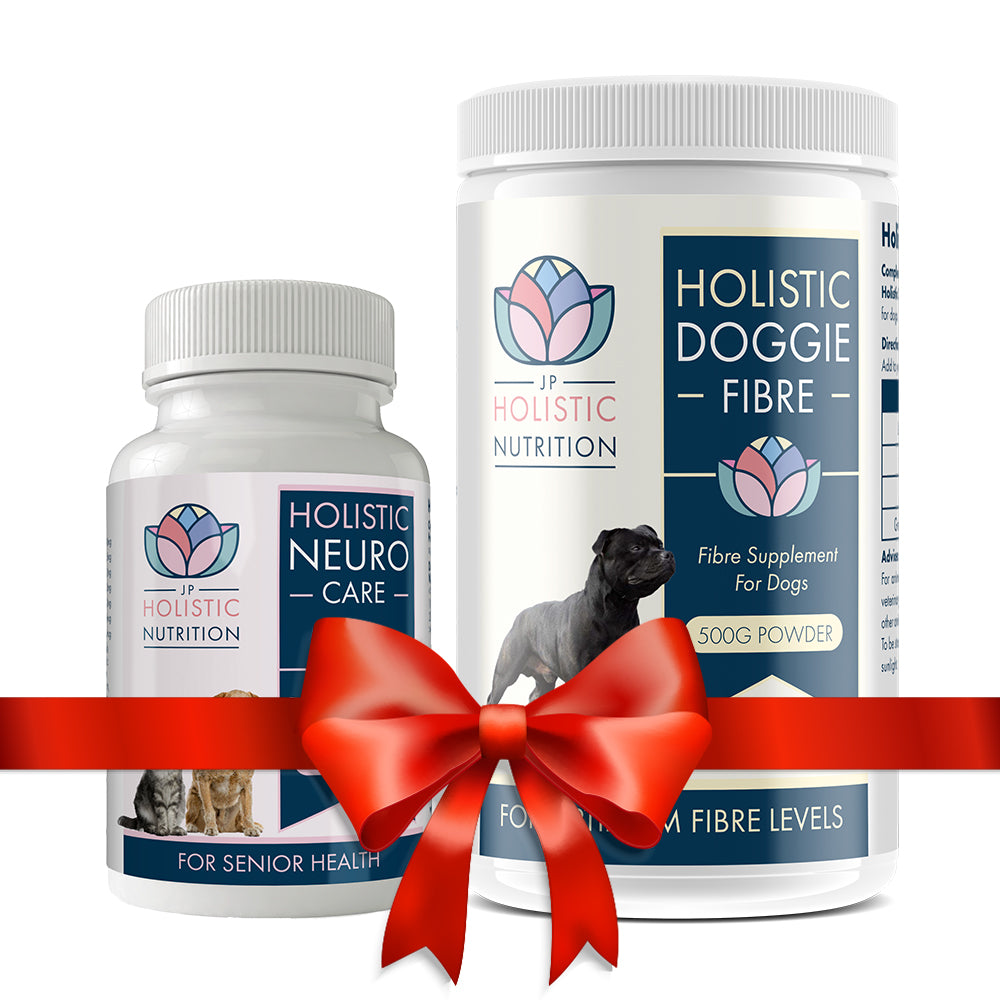
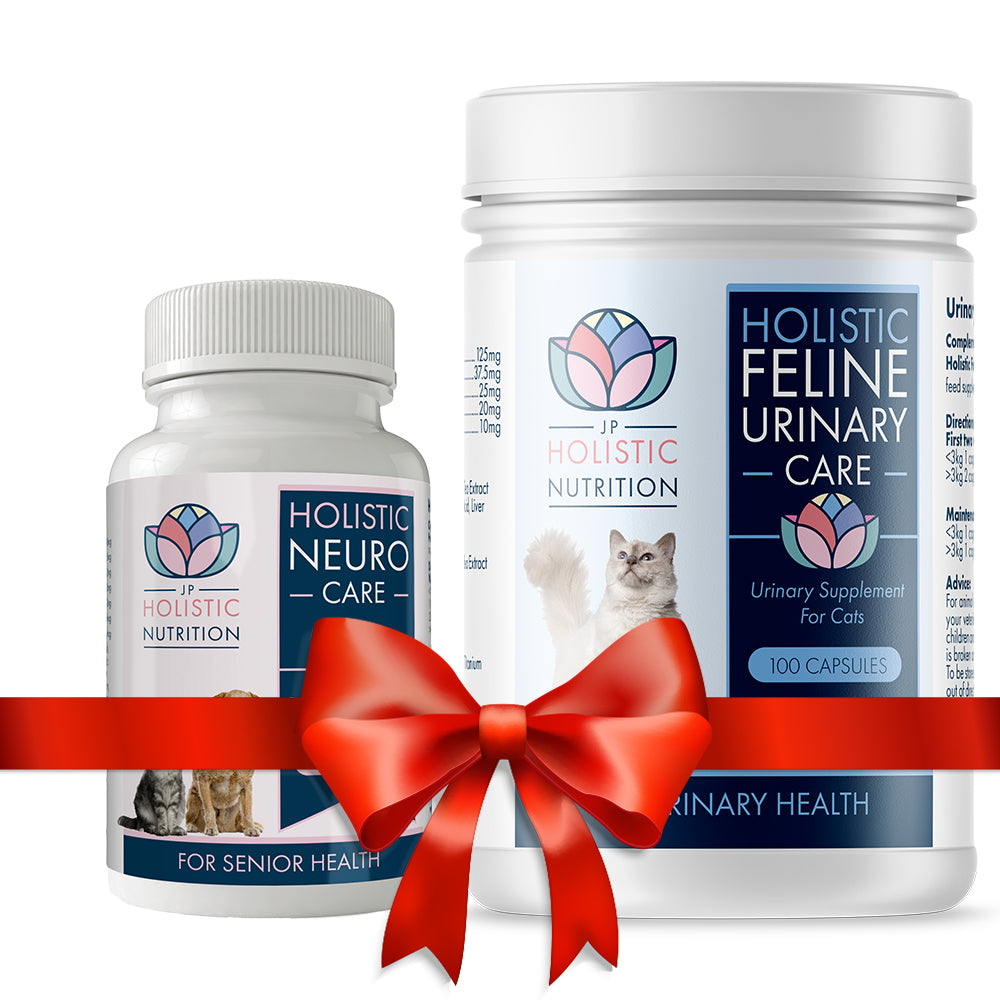
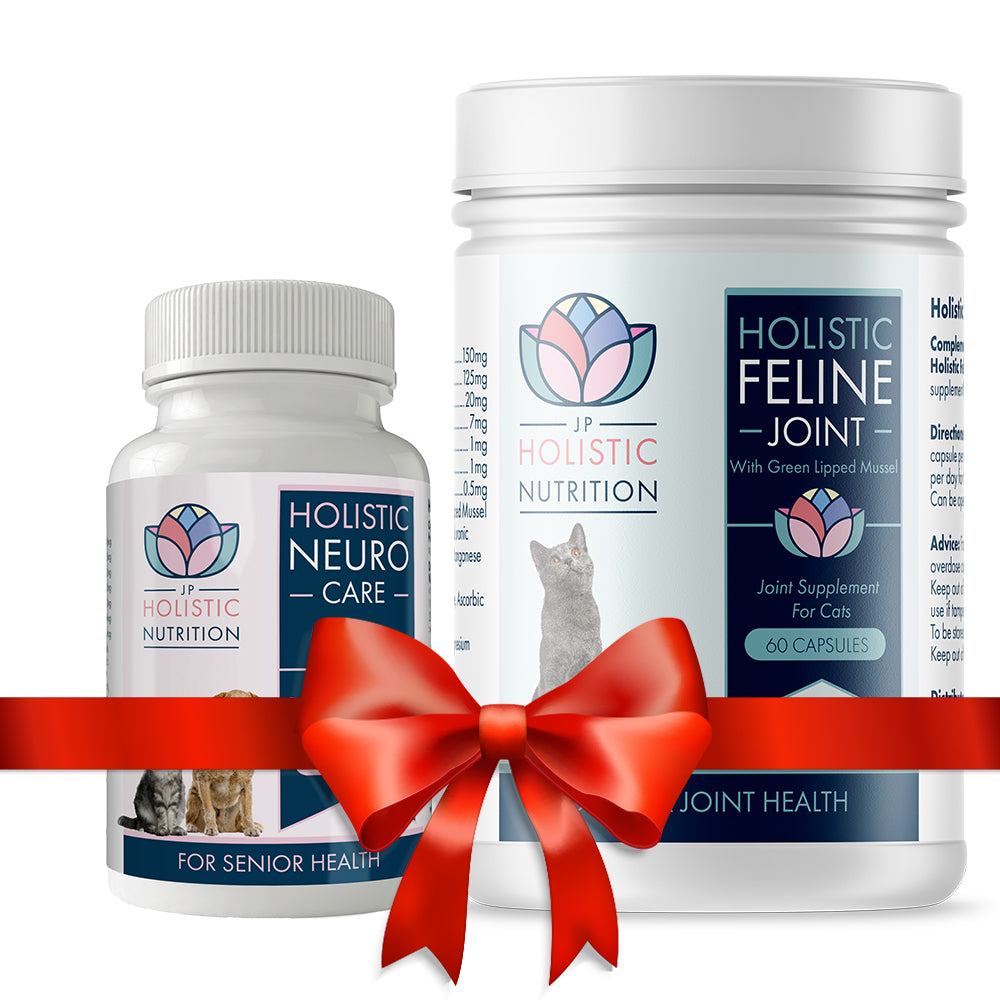






Leave a comment (all fields required)